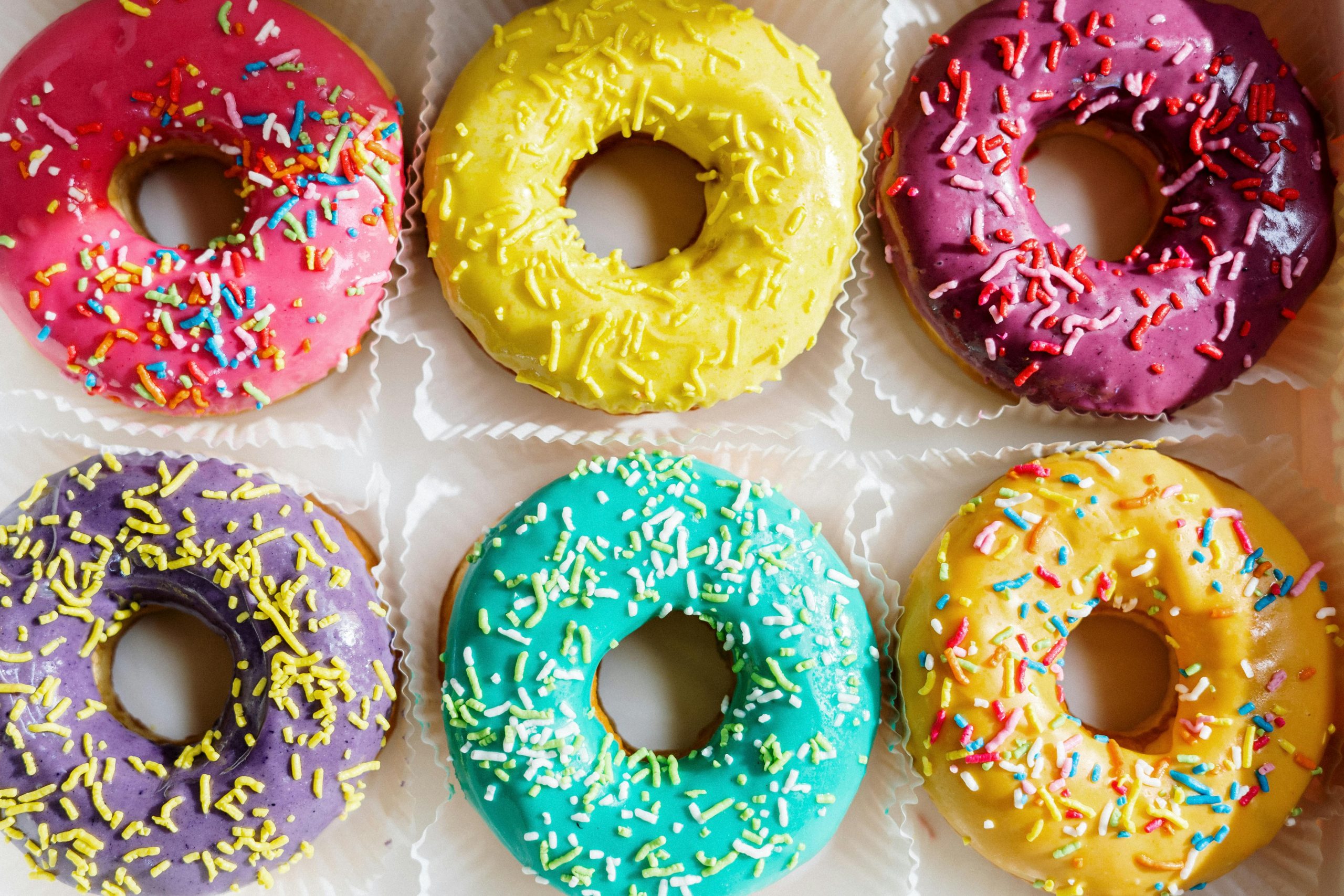What Does Processed Food Mean and Why Is It Bad?
Have you ever heard someone say, “you should eat less processed food,” and wondered what that actually means? The word processed gets thrown around a lot, but not all processed food is terrible. The key is understanding how food is processed and what that does to your body.
What Does “Processed Food” Actually Mean?
Processed food just means food that has been changed from its natural form.
That could be something simple like washing, cutting, freezing, or cooking, which we do every day!
So, technically, even chopping veggies or baking bread counts as processing.
But when we talk about unhealthy processed foods, we usually mean ultra-processed foods. Things that have gone through lots of steps in factories and have a long list of ingredients you can’t pronounce.
Think:
– Chips and biscuits
– Sugary breakfast cereals
– Fizzy drinks and energy drinks
– Instant noodles or frozen dinners
– Lollies and chocolate bars
– White bread and pastries
These foods often contain added sugar, unhealthy fats, salt, preservatives, and artificial colours or flavours.
Not All Processing Is Bad
Some processing can actually be good for you!
For example:
– Freezing fruit and veggies helps keep their nutrients.
– Canned beans are a quick, healthy protein source.
– Drying grains, seeds and legumes for storage.
These are minimally processed foods, their nutrients are still there, and your body knows what to do with them.
The problem starts when food is processed so much that it loses its natural goodness and becomes filled with additives instead.
What Happens When Food Gets Ultra-Processed
When food goes through heavy processing, here’s what changes:
1. Nutrients are stripped away
Vitamins, minerals, and fibre are often removed to make food last longer or taste “better.”
2. Sugar, fat, and salt are added
These make food more addictive, so you eat more even when you’re not hungry.
3. Chemicals replace real ingredients
Preservatives, artificial flavours, and colours make food look and taste good, but your body doesn’t recognise them as real nourishment.
4. Your brain gets tricked
Processed foods are designed to hit your brain’s reward system, kind of like a dopamine hit. That’s why it’s hard to stop after just one chip or one cookie.
Why Processed Food Isn’t Great for Your Body
Eating lots of ultra-processed foods can make you feel tired, moody, and bloated, even if you’re eating enough. Here’s why:
1. Your blood sugar does on a rollercoaster
Processed foods are usually low in fibre but high in sugar or refined carbs. This makes your blood sugar spike, then crash — leaving you craving more food (and more coffee).
2. Your gut health suffers
Your gut bacteria thrive on fibre and real food. When you eat mostly processed food, they don’t get what they need. This can lead to bloating, constipation, or a sluggish digestive system.
3. Inflammation increases
Artificial additives, refined oils, and excess sugar can cause inflammation — the body’s version of being “on alert” all the time. Over time, this can affect your energy, hormones, and even your mood.
4. Your hormones get out of balance
Highly processed foods can affect how your body produces and clears hormones. This is one reason people notice changes in their mood, sleep, and skin when they cut back on processed food.
5. You feel hungry, event after eating
Because processed foods are low in nutrients, your body keeps sending hunger signals, hoping for something more nourishing. That’s why you can eat a bag of chips and still not feel satisfied.
The Benefits of Eating Less Processed Food
When you swap processed food for whole, natural foods, you might notice:
– More energy and fewer afternoon crashes
– Better digestion and less bloating
– Clearer skin
– More stable moods
– Better sleep
– Easier weight balance
Even small changes can make a big difference over time.
Simple Swaps to Eat Less Processed Food
You don’t need to throw everything out, just start small. Here are some easy swaps:
| Instead of… | Try this… |
|---|---|
| Sugary cereal | Oats with fruit and cinnamon |
| White bread | Whole grain or sourdough bread |
| Soft drinks | Sparkling water with lemon or berries |
| Instant noodles | Rice noodles with veggies and broth |
| Lollies | Fresh or dried fruit |
| Flavoured yoghurt | Plain yoghurt with honey or berries |
| Processed snacks | Nuts, seeds, or veggie sticks with hummus |
Remember, it’s not about perfection. It’s about progress.
A Balanced Approach
Processed foods are everywhere, and sometimes they’re just convenient. That’s okay.
What matters most is what you do most of the time, not once in a while.
If 80% of what you eat is real, nourishing food (fruit, veggies, grains, legumes, nuts, and seeds) then the occasional treat won’t undo your progress.
Focus on how food makes you feel instead of counting calories or being too strict.
When you eat food that supports your body, you’ll notice more energy, calm, and clarity.
Processed food isn’t evil” but eating too much of it can leave you feeling flat, foggy, and out of balance.
Your body feels its best when it’s fuelled with real, whole foods. The kind your great-grandparents would recognise.
Start small. Cook more. Read labels.
Every simple choice you make toward real food helps your body heal, one meal at a time.

